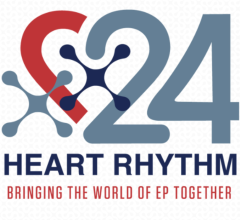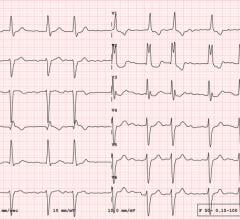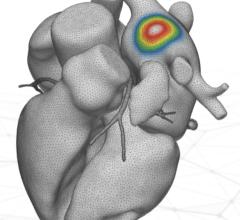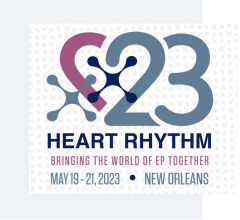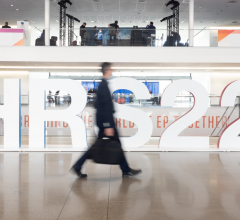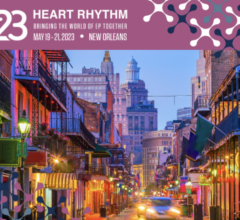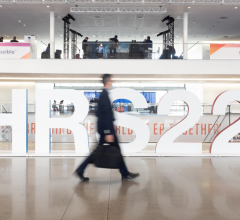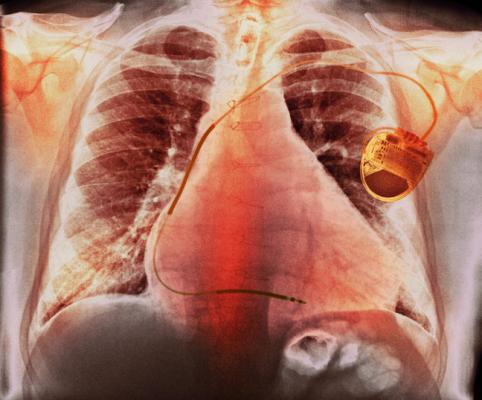
Getty Images
May 17, 2022 — Results from a new study show success of intended same day discharge (SDD) improves over time for patients undergoing atrial fibrillation (AF) ablation. The new care strategy was overseen by allied health professionals (AHPs) and included integrated telehealth monitoring. Findings were presented as part of Heart Rhythm 2022 on Sunday, May 1.
The COVID-19 pandemic disrupted routine hospital services around the world. As a result, millions of elective surgical procedures were postponed or cancelled during the first wave of the pandemic in 2020 to allow staff to focus on COVID-19 patients and to decrease the risk of COVID-19 spread. 1 For the 2.7 million Americans living with AF, ablation is often a treatment option used to control AF. Because this can be considered an elective surgery, many ablation procedures were delayed or cancelled during the height of the pandemic. As elective procedures resumed, this study sought to determine the success rate of SDD after AF ablation and understand the safety and benefits of the process.
The study was conducted at Brigham & Women’s Hospital from December 2020 through November 2021. All patients undergoing AF ablation were considered eligible for SDD, which was protocolized by the AHPs and required case completion by 2 p.m., a companion to stay overnight, AHP assessment and next day virtual telehealth visit by AHP. Patients were given cardiac monitoring devices, such as a blood pressure monitoring cuff, to collect objective data following the procedure.
During the study’s timeframe, 602 patients (mean age 64 ± 12; 35% female) underwent AF ablation. In the first third of AF ablation patients (Group 1, n=200), SDD was successful in 64.2% of intended SDD patients (34/53 patients). Among the subsequent 402 patients, SDD was successful in 84.7% of intended SDD patients (94/111 patients). Compared to the total intended SDD patients (n=164), patients deemed ineligible (n=438) were older (66 vs. 61yrs; p<0.01), had greater BMI (29 vs. 28) and higher CHADs-VASc (2.4 vs. 1.8) (p<0.05 for all). Total time from patient arrival to SDD also improved from 12.9 hours to 12.0 hours.
“The disruptions caused by the COVID-19 pandemic opened our eyes to the essential role virtual monitoring can play in patient management. This notion is particularly important for the EP field at large, where data can be objectively monitored from the comfort of a patient’s home,” said Lauren A. Rousseau, PAC, CCDS, Brigham and Women’s Hospital. “Our innovative SDD process was a collaborative effort that leverages telemedicine as a way to improve patient experience while maintaining safety, and has the potential to reduce hospital resource utilization.”
The authors are currently undergoing a cost-based analysis to better understand how SDD impacts hospital resources, and hope the results of this study will create opportunities to evaluate how a SDD process could benefit patients undergoing other procedures in addition to AF ablation.
For more information: www.hrsonline.org

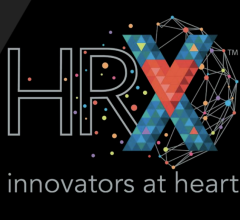
 July 30, 2024
July 30, 2024 
